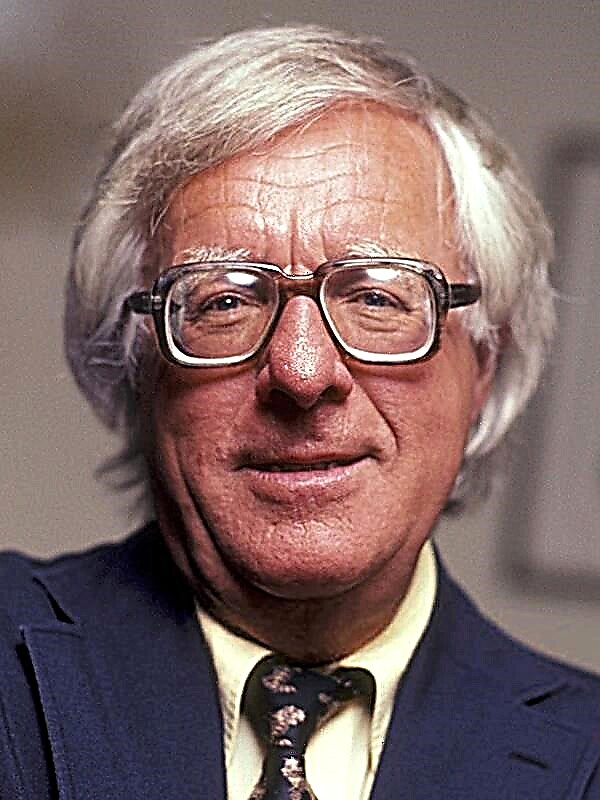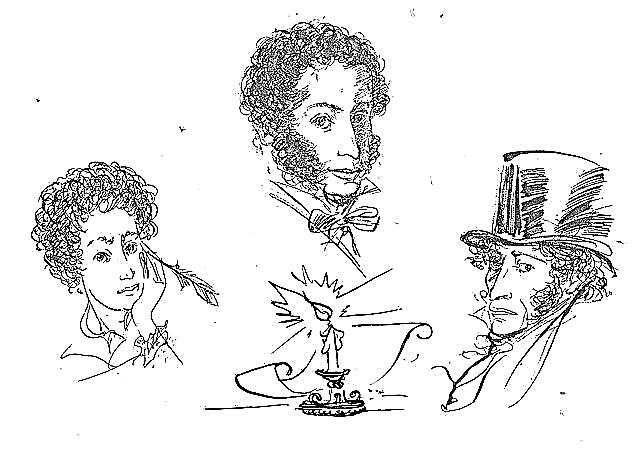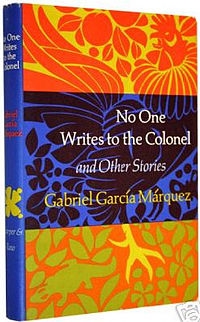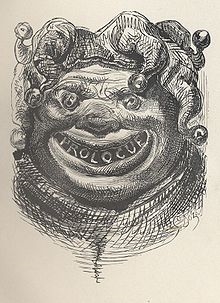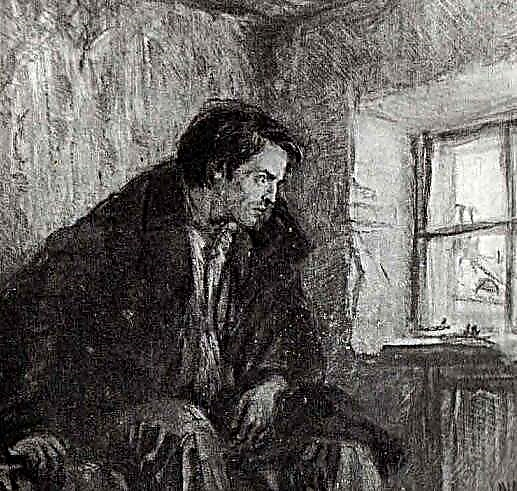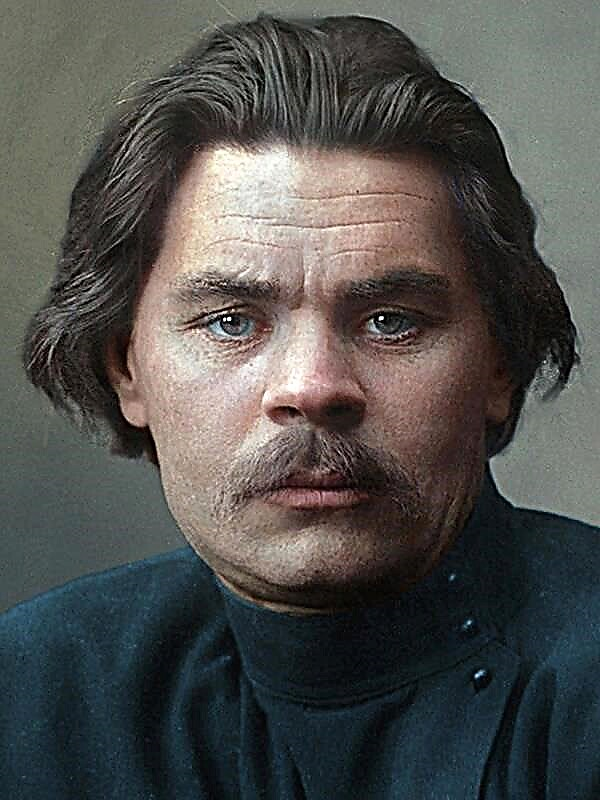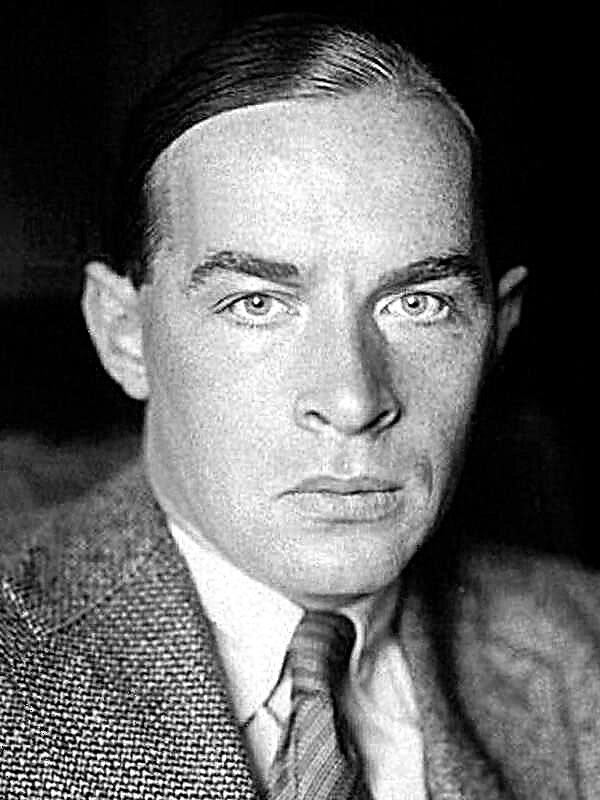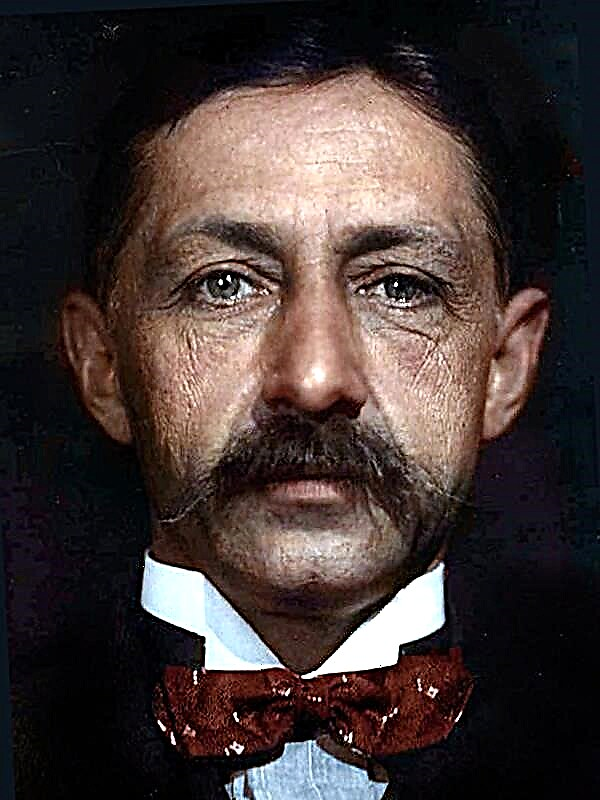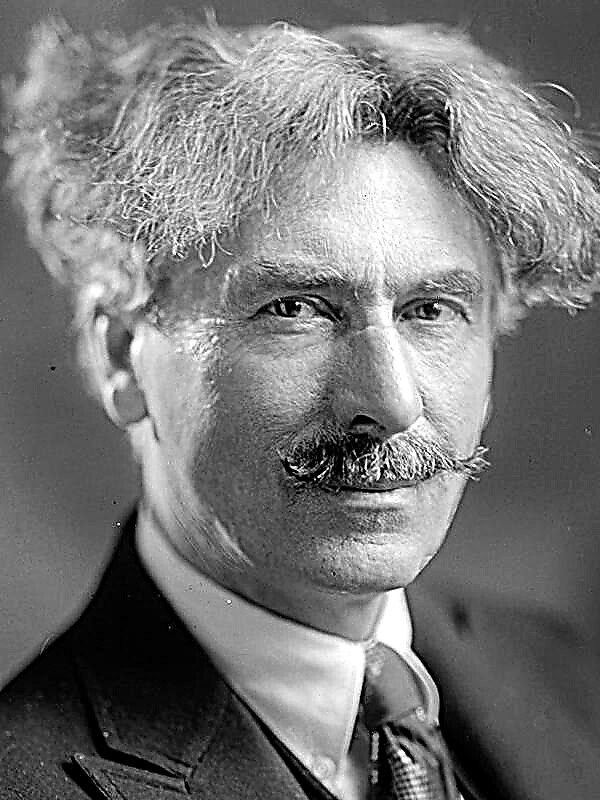Poems are an important part of the work of Alexander Sergeyevich Pushkin. There are more than twelve completed poems in the poet's piggy bank, but some of them are not completely preserved. Nevertheless, these unfinished works still make a strong impression on the audience and are read in one breath. They contain many aphorisms that make up the golden fund of winged expressions in the Russian language.
- "Ruslan and Ludmila" - The first poem of Pushkin. He struggled to create a “heroic” legend, but not with an old heavy language, but with a light and melodious syllable. The work is striking in its originality, liveliness of actions and descriptions, and, of course, the writer’s incredible talent for using words to create all this grandeur.
- "Prisoner of the Caucasus" - The first of a series of “Byronic” poems by Pushkin. The plot is based on the fate of a captured Russian officer, whose body was captured, but could not capture a free soul.
- “Gabrieliad” - “a parody-romantic” poem, playing out the plot of the Gospel of the Annunciation. At one time, it was known only to a narrow circle of people, in view of its controversial and scandalous topic. In addition, it uses obscene expressions. Interestingly, before his death, the author renounced this creation of his.
- “Bakhchisarai Fountain” - a poem, built according to romantic canons, tells about a tragic incident in the Khan's harem, when the khan, falling in love with a young concubine, caused jealousy and envy of one of the wives. This is an interesting work, we highly recommend that you learn more about it by reading the analysis of the book.
- Gypsies - This poem shows the personality crisis that Pushkin was experiencing in the 20s of the 19th century. He gave the main character his own traits and facts from life. With the help of his character, the poet conveyed his experiences and thoughts, so languishing the mind of the writer.
- "Poltava" - a poem by Alexander Pushkin, written in 1828.
The poem tells about the events of the Great Northern War, the fate of people, fortitude, love and devotion. - "Bronze Horseman" - a poem by Alexander Pushkin, written in 1833. It shows man's powerlessness in front of the forces of nature, even in spite of his greatness. The indifference of the elements is reinforced by the indifference of the authorities to the fate of the people, and it is this combination that becomes fatal and turns into a catastrophe in the life of the unfortunate Eugene.
- “Brothers robbers” - a romantic poem, different from the typical works of this genre in its style and language. Pushkin changes styles from higher, lyrically pleasing, to simple and understandable to the average man. The poet tries to bring the syllable closer to a simpler dialect, but, unlike “Ruslan and Lyudmila,” the work is less comical.
- “House in Kolomna” - a poem that is a reflection of the poet’s inner struggle. Although this work has a cheerful, slightly frivolous character, you can still see the emerging heavy notes of sadness.
- “Count Nulin” - The first realistic poem of Pushkin. In this work, the poet reflected the life and life of the Russian people, no longer using the high style of writing. He speaks to the reader in a simple and caressing Russian speech without a heavy raid of archaisms.

